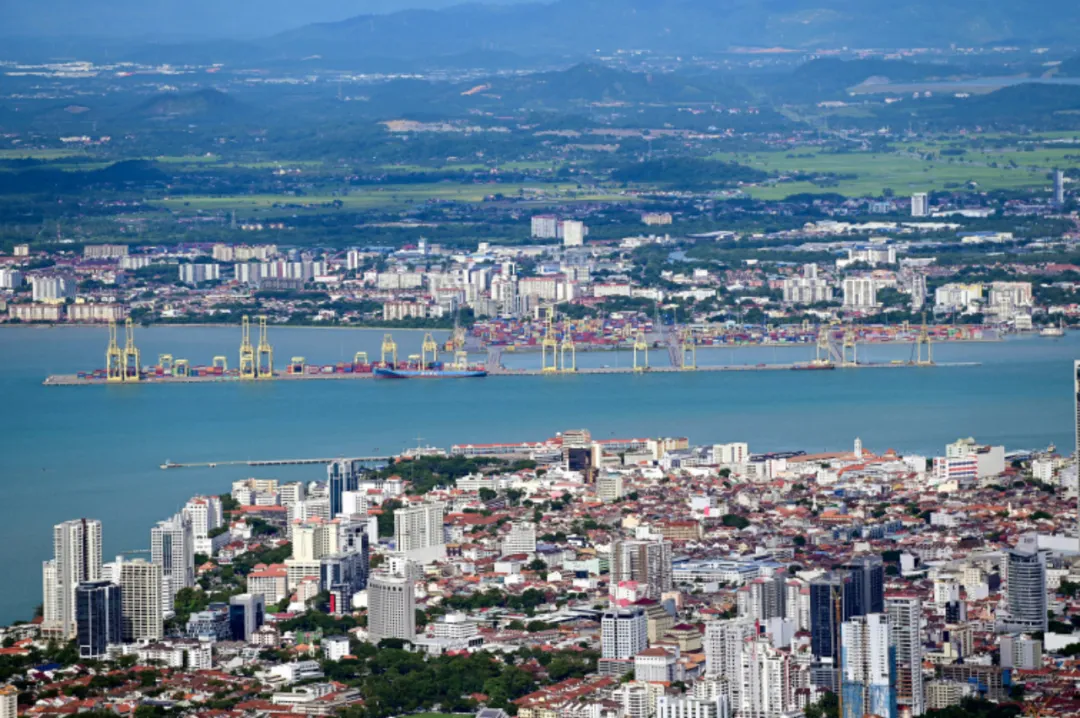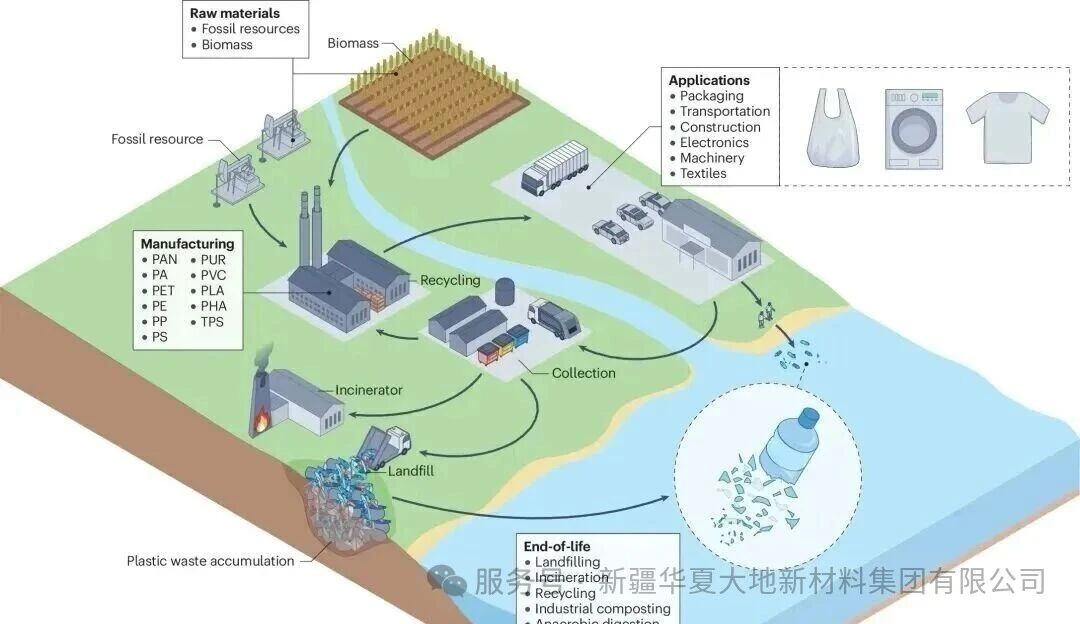On January 6, 2025, Rajan Dran, the mayor of Penang Island, Malaysia's third largest city, said that the Penang Island City Council will implement the ban on plastic straws from January 2024. Enforcement will soon be strengthened, and restaurant operators who repeatedly violate the ban will face the punishment of revoking their licenses. First-time offenders previously only faced confiscation of plastic straws and a fine of RM250. Repeat offenders, however, will no longer receive leniency and will have their business licenses revoked for persistent violations. Since 2024, the City Hall has strengthened environmental advocacy during license renewal or inspection, laying a solid foundation for strict enforcement. Since 2022, Malaysia's gradual implementation of the "no plastic bags" campaign has achieved phased results and continues to expand its scope. In 2023, the campaign has been launched in Selangor, Penang, Johor and Sembilan, and the state government is responsible for implementing it, in addition to punishing the offending businesses, there are also incentives to encourage businesses to actively cooperate. In May 2023, the Ministry of Natural Resources and Environmental Sustainability made an ambitious plan to completely ban plastic bags in all areas of the country from 2025, and the implementation work has been carried out in stages, starting with physical stores, and then gradually moving to business venues such as stalls and roadside vendors. But that plan does not yet appear to be fully realized. In November 2024, Minister of Natural Resources and Environment Sustainability Niazmi revealed that the government expects to completely ban single-use plastic bags in 2026 or earlier and transition to biodegradable plastic bags. At present, through the "user pays" policy, a minimum of 20 cents (0.3 yuan) has been levied on traditional plastic bags in many places, and the policy has taken the lead in Penang and gradually expanded to several regions. Ninazmi stressed that it is a long way to promote the sustainable management of plastics, and the government will work with all walks of life to continue to enhance public awareness of environmental protection and optimize plastic management policies. In addition to the need to deal with its own plastic pollution, Malaysia also has to fight the inflow of foreign plastic waste. Although Malaysia has said since 2019 that it wants to reduce waste imports, repeatedly saying that it wants to prevent the country from becoming a garbage dump for developed countries, the pressure is still not small as the second largest waste plastic export destination in the European Union and Japan. Faced with the challenge, Malaysia has repeatedly returned plastic waste from developed countries. In addition, Malaysia's plastics market production is continuing to rise, because the country's food and beverage packaging, electronic products and other industries continue to grow demand for plastics. According to Mordor Intelligence, the Malaysian plastics market will produce around 250,000 tonnes in 2021 and is expected to grow by more than 3% annually during 2023-2028. In this context, Malaysia's Plastics Sustainability Roadmap 2021-2030 provides clear direction for plastic production, consumption, recycling and waste management, with the goal of achieving 100% recyclable plastic packaging by 2030, while plastic products and packaging contain an average of 15% recyclable materials. It can be expected that a large amount of investment is expected to pour into the construction of recycling and related production facilities. Malaysia's plastic ban policy is mainly as follows: 1. Ban single-use plastic bags Target and scope: The government plans to completely ban plastic bags in all commercial areas of the country from 2025, and has gradually implemented the "no plastic bags" campaign since 2022, starting from physical stores such as supermarkets, mini markets and grocery stores, and then expanding to roadside stalls. Implementation method: The state government is responsible, and the federal government gives the state and local governments the authority to decide the implementation method according to the local situation, including the amount of plastic bag surcharges, the number of times that businesses must pay plastic bag fees and the way of revenue distribution. Reward and punishment measures: Not only will violators be punished, but also incentives will be provided to encourage businesses to change. 2. Ban plastic straws Penang Island measures: Penang Island from January 2024 to implement the ban on plastic straws, the first violation of the plastic straws will be confiscated and face a fine of RM250, repeat offenders will be revoked business license. National measures: In 2018, there was a provision that from 2019 onwards, new business licences will state the plastic straw ban requirements, and in 2020, the plastic straw ban will be fully implemented for licensed traders and food operators in Kuala Lumpur, Putrajaya and Labuan, with exemptions for special groups such as the disabled. 3. Other policies ban the import of waste plastics: In 2018, Malaysia announced an immediate and permanent ban on the import of plastic waste and will phase out the import of other types of plastics within three years. Promotion of alternatives: The Government strives to promote alternatives and sustainable materials in plastic production and encourage the use of biodegradable plastic bags in line with the Malaysian Plastic Sustainable Development Roadmap 2021-2030. The Malaysian Industrial Standards and Research Organisation (SIRIM) issues eco-labels to help people distinguish between biodegradable products and fake ones.








